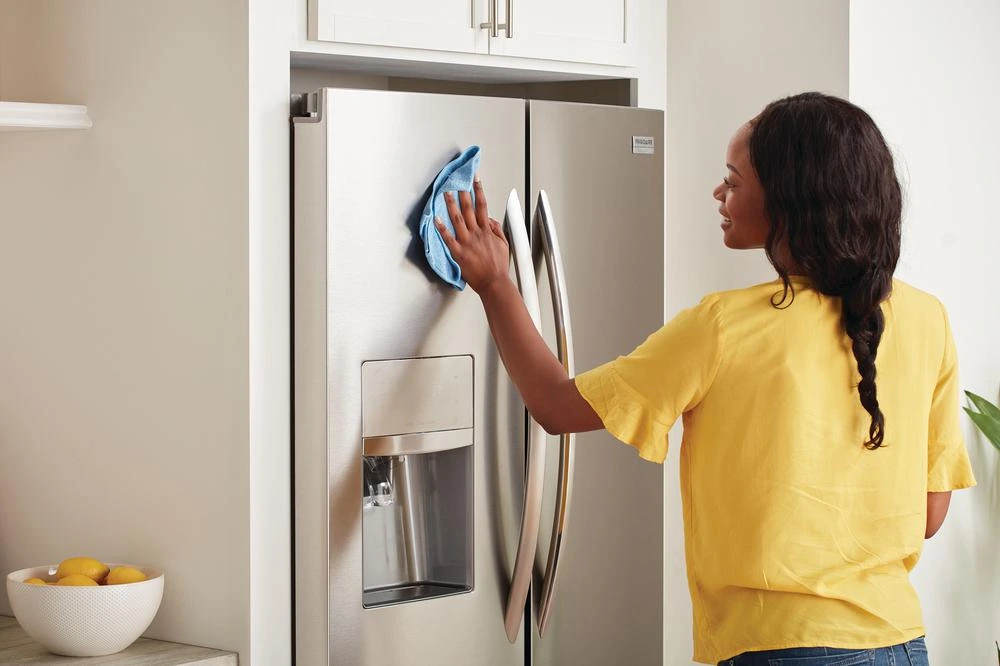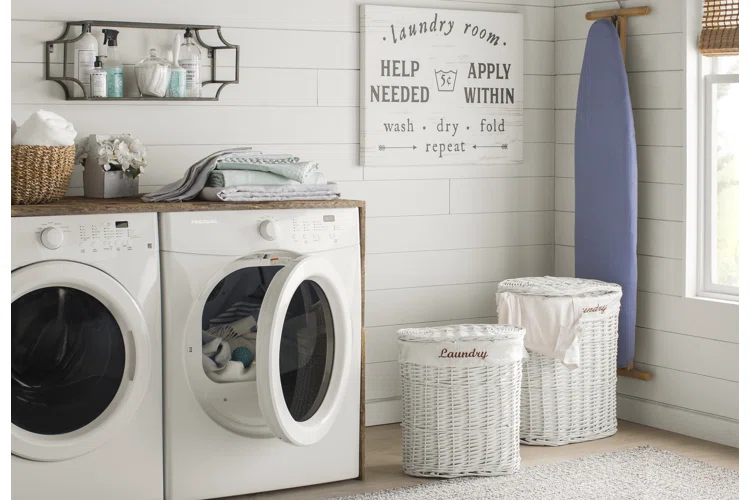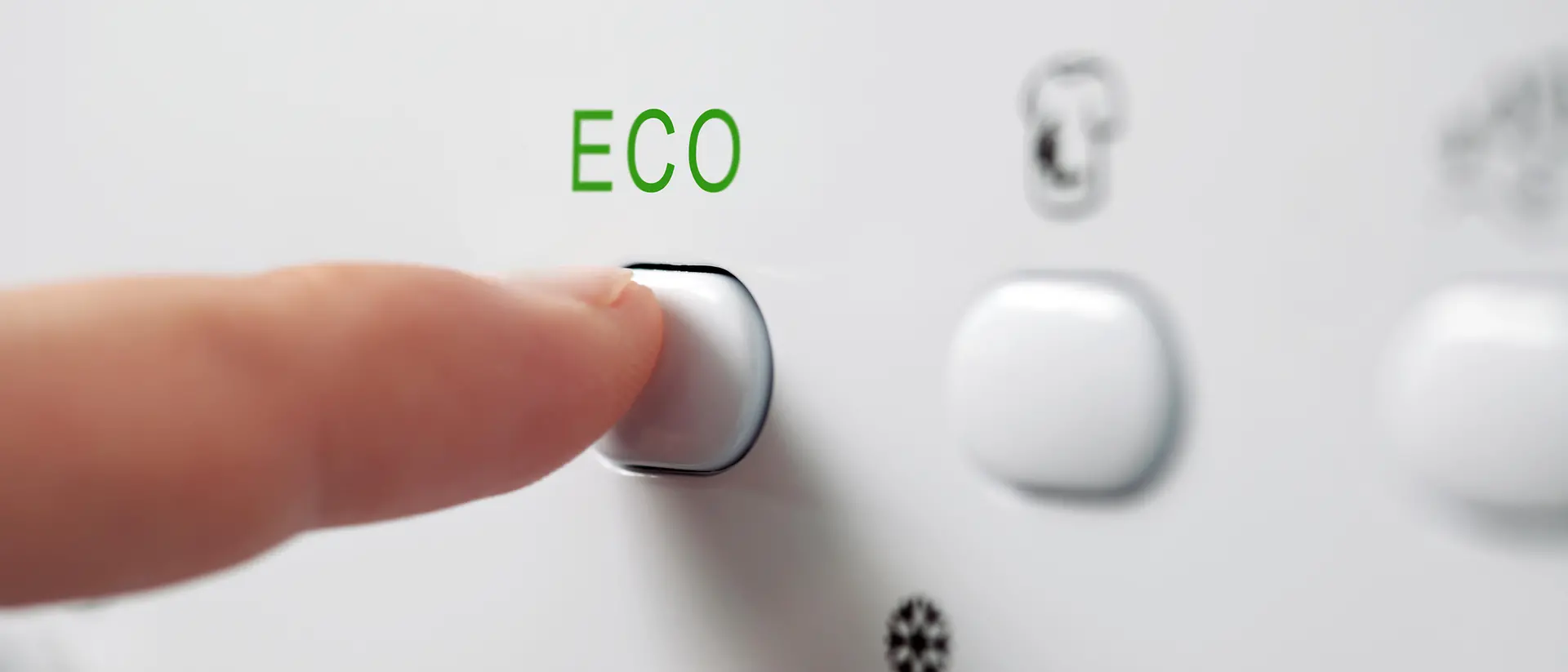Your appliances are essential in ensuring the smooth running and safety of your home, but they require routine maintenance in order to function at their optimum levels.
Making time to properly maintain and clean your appliances will extend their lifespan and lessen the likelihood that you have to buy new ones sooner. Learn how with these easy tips!
Washing Machine
A washing machine is an essential home appliance, yet if neglected properly it can become a breeding ground for dirt, mildew and bacteria. Keep your washing machine running its best by following some basic maintenance practices.
Maintaining the cleanliness of either a top load or front-load washer is essential to its optimal performance and longevtity. A regular cleaning regime will not only extend its lifespan but will help prevent mold and mildew growth as well.
Washing your clothes using high-efficiency (HE) detergent and forgoing fabric softener will help avoid soap scum that attracts mold, mildew and unpleasant odors. Furthermore, it’s smart to leave the door of the washer slightly open after each use in order to allow moisture-based build-up in between uses to dissipate more quickly.
Dishwasher
Cleaning after meals with a dishwasher should be quick and effortless, but to maximize its potential it requires more than simply loading, adding detergent, and starting the wash cycle. A few tweaks to your routine could significantly enhance the results as well as save both energy and water resources.
Before using your dishwasher again, it’s essential that it be thoroughly cleaned to keep its functioning optimally. Dirty dishes, stains and build-up can clog its drain and filtration system and interfere with proper functioning of its features.
Start by opening your dishwasher door and wiping down its exterior, including sides and handle. A damp cloth and mild detergent should do just fine for cleaning stainless steel surfaces; for best results, special cleaners designed specifically for dishwashers may be required.
Every week, it is also essential to wipe down the bottom of the dishwasher to remove any hardened food debris. A rag dipped in vinegar works effectively for this task.
Refrigerator
Maintain your fridge regularly to achieve peak performance and minimize unexpected breakdowns and subsequent service expenses. Cleanliness and maintenance can prevent sudden failures that incur unexpected costs to repair.
Refrigerators can save you from unnecessary expenses related to power and food consumption, provided they are kept tidy, organized, and clean – so as to efficiently cool food without making too much effort.
Checking the doors to make sure they close tightly and leveling out is key if you want your refrigerator to work efficiently and maintain liquid storage inside without spillage when opening its door.
An essential component of proper refrigerator maintenance is cleaning the doors’ gaskets regularly. These rubber seals serve to seal off warm air from entering and cool air from entering, yet over time can weaken and become brittle if neglected.
Use a 50-50 mixture of water and vinegar to wipe down the door’s gasket and remove grime or residue build-up, giving your gasket a fresh appearance.
Stove
Your stove is an essential kitchen appliance that requires routine care to operate effectively and avoid fire hazards and extend its lifespan. A cleaner surface also can help avoid fire hazards while prolonging its useful lifespan.
Keep your stovetop looking its best by wiping it down after each use with a damp cloth or sponge to remove food splatters and spills, or spray it with vinegar and baking soda, which will soften baked-on food and grease splatters and spots. For stubborn grime spots, mix vinegar and baking soda to soften baked-on food and grease build-up.
Once you’ve cleaned your stovetop, be sure to take the time and care necessary to rinse it off thoroughly. Rinsing will remove any remaining degreaser and help avoid leaving an unsightly cloudy film on its surface.




